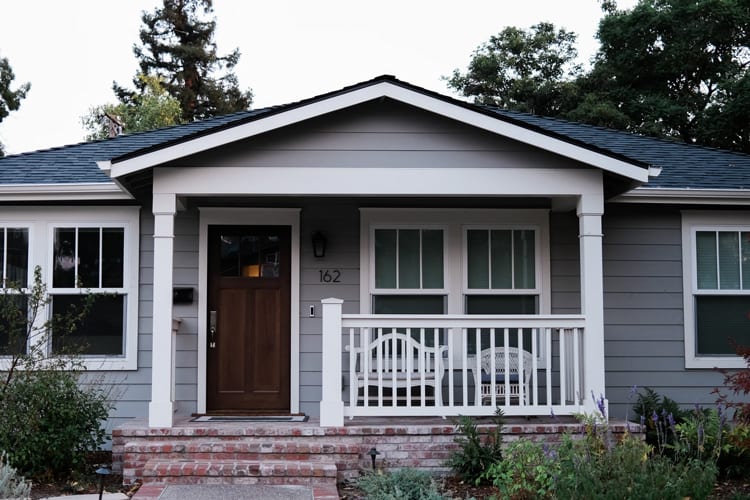How Much House Can I Afford?

Buying a new house is a huge milestone in your life, especially if you’re a first-time home buyer, which is all the more reason to approach it with financial caution. If you saddle yourself with a larger mortgage than you can afford, you risk becoming house-rich but cash-poor. How to afford a house in today’s market?
Use the following guidelines to make sure your new home fits your budget comfortably rather than stretching it so far that it bursts.
Calculate Based on Income
Your income will pay for your monthly mortgage payments, so your income should be your top consideration as you calculate your new home budget.
First, add up your total monthly income. For example, if you make a net of $2,400 a month (after taxes!) and your spouse makes $2,600 a month, your total take-home pay comes out to $5,000.
Now multiply your total monthly income by 25% to find your ideal maximum mortgage payment. On a monthly income of $5,000, for instance, your maximum monthly house payment shouldn’t exceed $1,250. If it does, you’ll spend more than 25% of your total income on your housing costs, which could strain your other financial obligations.
However, buying a house involves more than a monthly mortgage payment. You also must consider the following:
- Down payment
- Property taxes
- Homeowner’s Insurance
- Homeowner’s Association (HOA)
- The interest rate on the mortgage
- Closing costs
- New costs of homeownership (utilities, appliances, repairs, routine services)
All of these costs add up! For example, a home that appears to require a monthly mortgage payment of $1,250 might actually cost $1,500 a month after considering taxes, insurance, and other costs. Use a mortgage calculator to play around with your numbers until you hit your sweet spot.
Save For a Larger Down Payment
You might have heard that putting down at least 20% for a down payment is a good idea. This is to avoid PMI (private mortgage insurance) and typically costs 1% of the total loan value, which is more fees.
On average, though, first-time homebuyers put down only 6% (National Association of Realtors).
It’s recommended that you at least save 10% down but bump it up to 20% or more if you can. Having a larger down payment will save you thousands in interest and fees later!
Have Cash Reserves
After you pay the down payment and closing costs, lenders may require you to have 2 – 6 months of cash reserves. Reserves can be from your checking account, savings account, investments, and more that you have access to.
For example, if you have $8,500 in your savings account, and your monthly mortgage payment is $1,700, you have 5 months of cash reserves.
Consider Your Other Debts
Experts recommend that your total amount of debt, including housing, student loans, car payments, credit cards, and other forms of debt, amount to no more than 36% of your gross monthly income. In other words, this is your debt-to-income ratio.
For example, if you earn $5,000 monthly but have $500 in existing monthly debt payments, your mortgage payment shouldn’t exceed $1,300.
If you already have considerable debt, you may far exceed the benchmark of 36% if you spend a full 25% of your income on your new home. Not only will this make it harder for you to be approved by a mortgage lender, but it will also stretch your wallet thin over time.
Consider paying off old debts before purchasing a new house. If that’s not possible, try to spend less than 25% of your net income on a new monthly mortgage payment. For example, buying a house that amounts to 15% of your monthly income provides breathing room to afford your new home and continue paying down old debts.
Read More: How to Invest in Real Estate for Passive Income Using HappyNest (+Get $10 Bonus)










